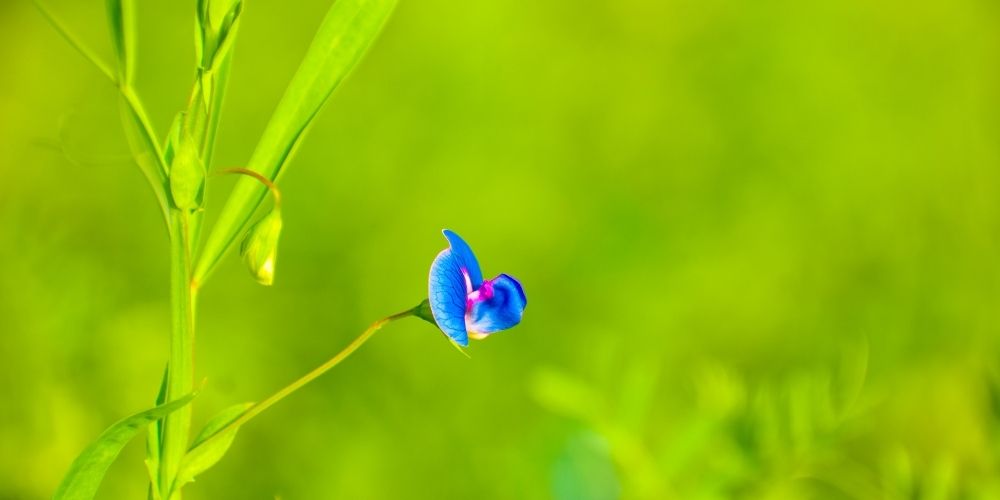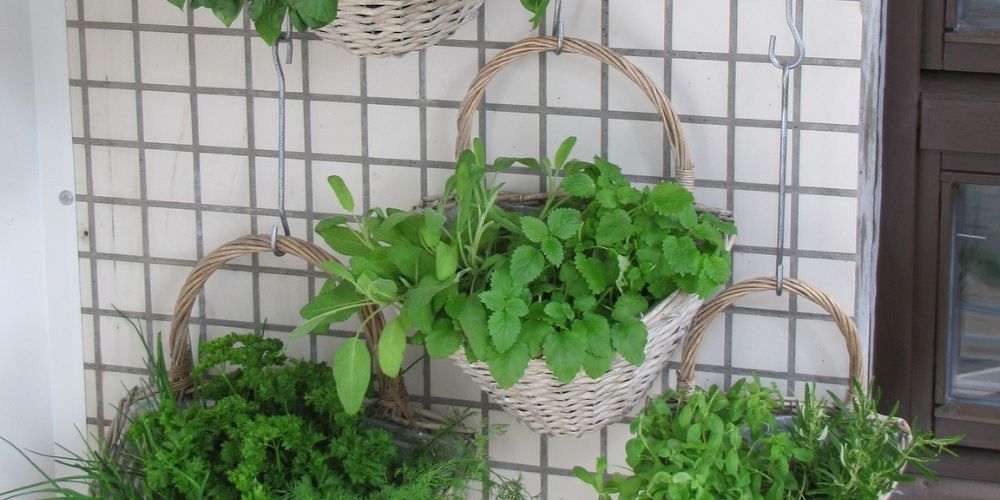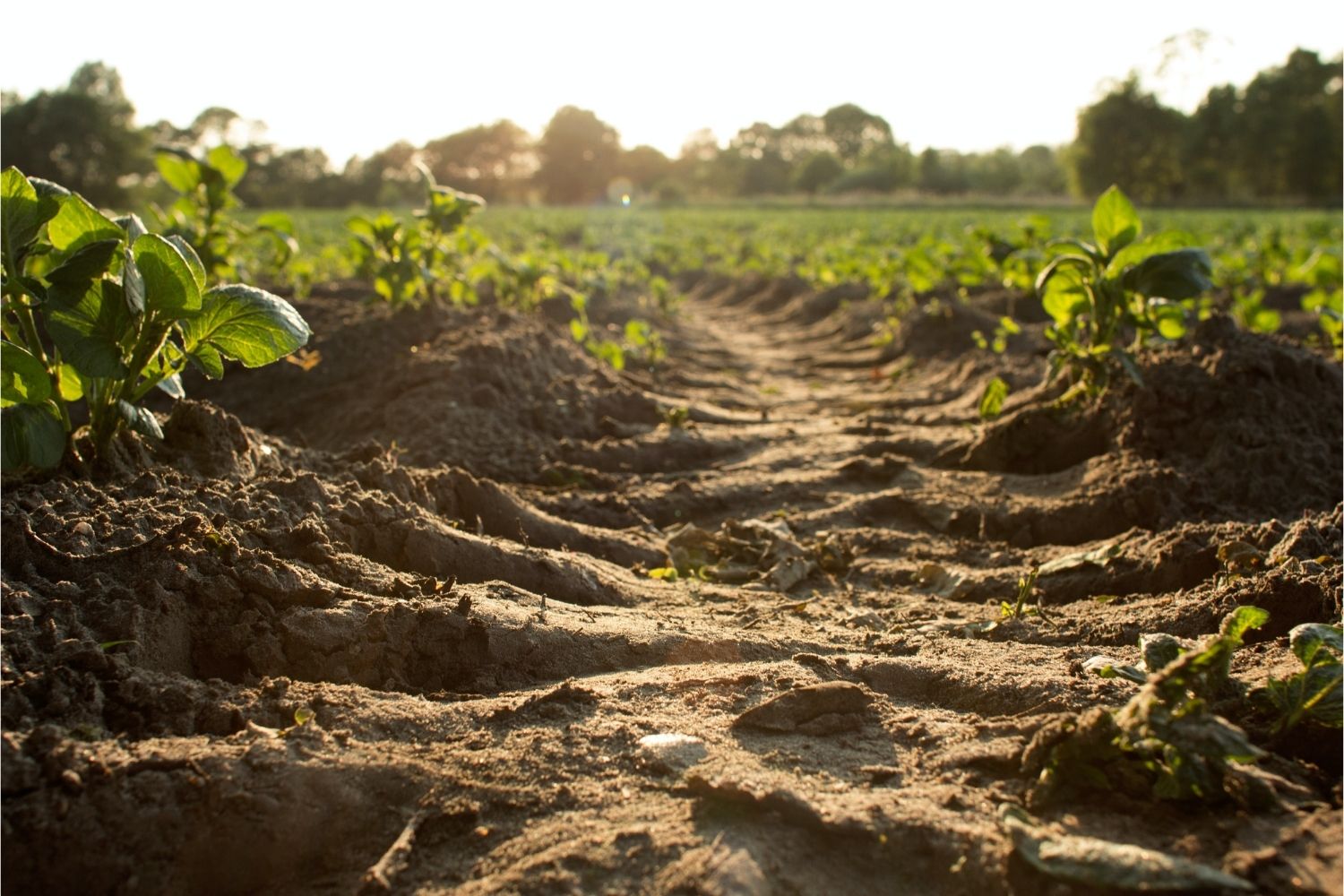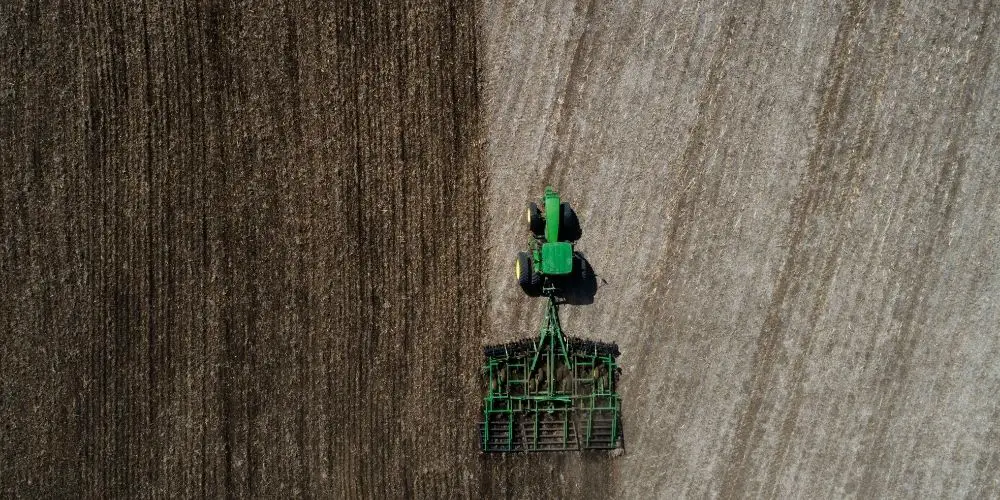Your peas aren’t germinating for a variety of reasons. It’s possible that your seeds have died, that the soil is too cold, or that there isn’t enough moisture for them to expand. The time it takes a pea seed to germinate, if it germinates at all, is determined by soil temperature, seed age, and moisture.
Soil temperature
Peas do best in cold weather, but in cold soil, the seeds take a long time to germinate. If the soil temperature is at least 38F, seeds will sprout in 21 to 30 days, but the number of seeds that germinate will be limited. Anything colder than that will stop your pea seeds from growing. The optimal temperature range is 65F to 70F. The seeds will sprout in 7 to 14 days at that temperature, and almost all of your seeds will germinate if they’re fresh. Some seeds will sprout at temperatures above 75F, but they will have a tougher time germinating as the soil temperature rises.
Seed age
The germination rate of old seeds or seeds that have been kept for many years would be lower. Peas can be stored for 3 to 4 years until the seed dries out and the embryos begin to die. Even if the embryo is still alive, older and drier seeds can take longer to absorb enough water to begin the germination process.
Moisture
Peas are hard seeds. They must absorb enough water until they can sprout so that the endosperm expands enough to crack through the seed coat and become soft. The seed should be planted an inch deep in soil that does not dry out easily and is kept moist but not wet. Too much water will cause the seed to rot, while not enough will cause germination to be delayed.
Before planting, soak the peas to help them absorb water. This is particularly useful when the soil is too dry. When you soak the seeds, they will retain a lot of the moisture they need to grow for a few days.
Since peas thrive in cooler weather, the soil is always too cold for the seeds to germinate easily when they are planted. You will get a crop faster by pre-germinating the seeds indoors. You can do this by soaking the seeds overnight and placing them in between damp paper towels. Keep them inside a plastic bag and check regularly if they’ve sprouted. This is also a good way to ensure you don’t have dead seeds.
When peas are planted without being soaked, they must rely on the soil for moisture. There will be air spaces around the seed after planting, and just a portion of it will touch the seed. Since water can only be absorbed where the seed comes into contact with the soil, this process is slower.
- Why do Perennials’ Leaves Turn Yellow?
- Why are perennials better than annuals?
- Why do seeds have expiration dates?
Planting and harvesting your peas

Peas can be planted directly in the garden three weeks before the last frost in the spring. Peas thrive in a well-supported environment. Set up a trellis, lattice, stakes, or long twiggy branches to encourage peas to ascend. When it’s time to plant, put the support in place.
Watering peas is especially important during flowering, germination, and pod development; keep the soil evenly moist during these times. Allowing the soil to become too dry or wet is not a good idea. Tough and bitter pods may result from dry soil. Rot may occur if the soil is too damp.
Make sure the peas are growing in a compost-rich, moisture-retaining soil; give peas plenty of water during their growing season–except when flowering. Too much water will hinder pollination. Peas are a light feeder, but a compost-rich soil can ensure that they grow steadily before harvest time.
Pea pods grow from the plant’s base to the top. Pick peas regularly to keep the vine growing for the best yield. Peas are able to harvest 60 days after planting in most varieties. They’ll keep growing fruit until the temperature rises above 85F. They also won’t grow below 38F, so the growing season might be limited if you live in an area with this climate. Gardeners can expect a higher yield if this can be extended with faster germination.
Conclusion
To increase the pace and success rate of germination, soak your pea seeds overnight before planting them. If you want a higher yield, always use fresh seeds. Also, make sure the soil is warm enough for the seeds to germinate more easily.















